Gambling-Related Harm & Athletes
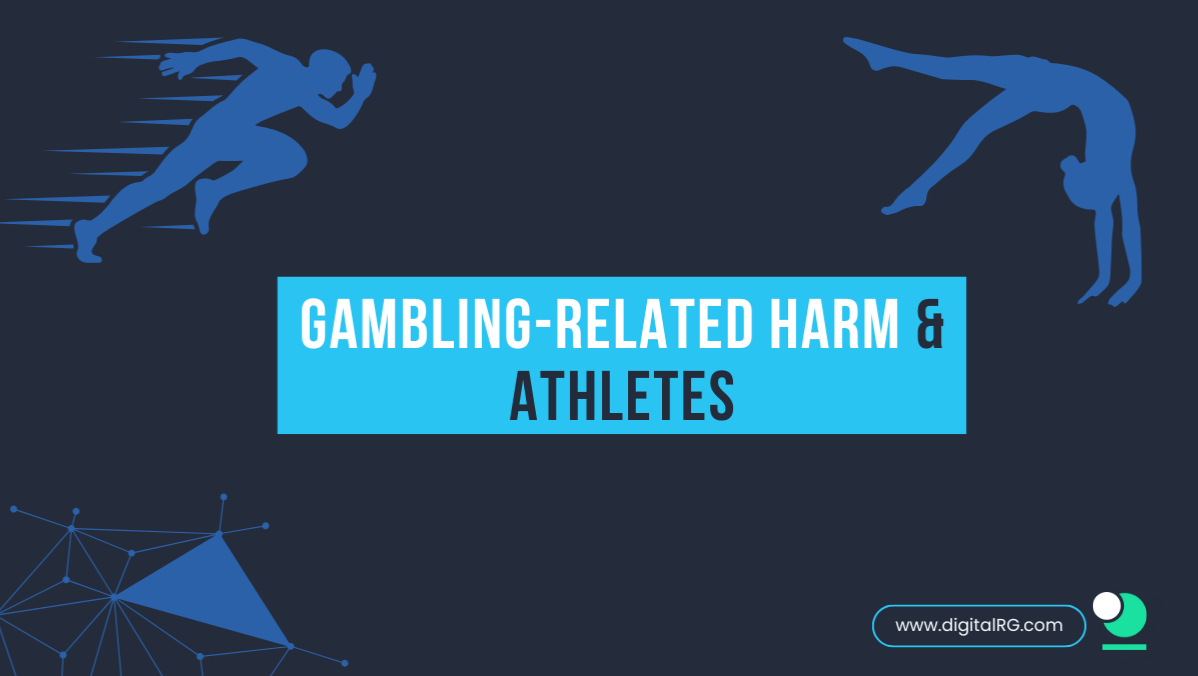
Gambling-Related Harm & Athletes
Gambling-Related Harm & Athletes
Gambling among athletes has increasingly attracted the interest of policymakers and key stakeholders over recent years. Indeed, research has shown that elite athletes are more vulnerable to gambling-related harms than non-athletes. In a recent study organised by Veikkaus, results showed that 32.2% of athletes surveyed displayed signs of gambling-related harm, compared to 21% of the general population. In a world where gambling and sports cross paths at many points, from sports betting to sponsorships, is this an inevitable link, or can a change be made?
Many studies have tried to explain why athletes are susceptible to gambling-related harm over the years. Curry & Jiobu, in 1995, after their study of US college athletes, argued that this is due to continuous emphasis on competition in their lives and their need for extrinsic rewards. Athletics Weekly reported that there are five factors which cause this: ‘ limitations in social opportunities, workplace motivators, triggers at the workplace, a recommendation from colleagues, and personal inclination and interest towards gambling.’ Indeed, an increase in specialised interventions for athletes, such as specialist treatment, has been supported due to their vastly different lifestyles and mental health challenges to the general population.
Studies showing athletes' vulnerability due to their lives as sports people does not mean this issue should be written off as an issue. Gambling Companies and Lotteries must act to protect this vulnerable group and take responsibility for the potential repercussions of the links between sports and gambling.
At the EL/WLA Conference this week, Emilia Pajuriutta from Veikkaus highlighted the positive impact a Lottery can have on this issue. Veikkaus are the biggest sports sponsor in Finland, reaching almost 5,400 athletes. They collaborated with their partners such as sports organisations, sports leagues and teams to create a communication channel on this topic. Other organisations, such as Peluuri (the Finnish Gambling Helpline provider), joined to help communicate the message to help athletes to understand where to get professional help. This campaign aimed to spread knowledge about Responsible Gaming, Gambling related harms and where athletes can get help. Using the former professional football players Toni Junnila and Pele Koljonen, who have both experienced severe gambling-related harm, they launched an education campaign. Part of this campaign is a video, which aims to be more in-depth than a commercial, presenting the experiences of the ex-athletes through storytelling. This is an ongoing project, as Veikkaus aims to collaborate with more sports people and stakeholders across all sports. Success will be measured through a second questionnaire in 2023.

Sponsoring nine teams in the Netherlands' Top Two leagues of football, the TOTO brand of Nederlandse Loterij also works with athletes to prevent gambling-related harms. Each season a member of the RG team will meet with these sports teams, taking with them a person with lived experience to help educate and increase knowledge. These meetings aim to get teams and staff talking about what ‘gambling-related harm’ means, explain why athletes are a vulnerable group, reduce the stigma around harm and encourage players to be open about their behaviours. Floris Van Driel from Nederlandse Loterij spotlighted how impactful the lived experience element of these conversations can be. The personal story from an ex-athlete that players can relate to creates conversations and raises awareness in the weeks and months after the meeting. Conversations are also had around match-fixing, explaining the ‘dos and donts’ of players' gambling and how to report if they are approached or see inconsistencies in others' behaviour. Finally, TOTO provides information about the support on offer to players for help if they should need it.
The links between gaming operators and sports exist in many countries, as sponsorships and donations are often at the core of sports organisations' existence. However, the industry needs to do more to protect athletes. These Lotteries present examples of athlete protection programmes, finding interesting ways to educate, increase knowledge and promote information on where to seek help. Operators could take many more actions to push the understanding of this issue further, for example, providing athletes and their teams with personalised training on gambling-related harms and match-fixing. DigitalRG has created a platform specialised in Safer Gambling and sustainability training, where training can be taken and tracked at the click of a button. Through such efforts, we can ensure that the message reaches athletes and track impact of the training on behaviour.
Category
Other Blogs
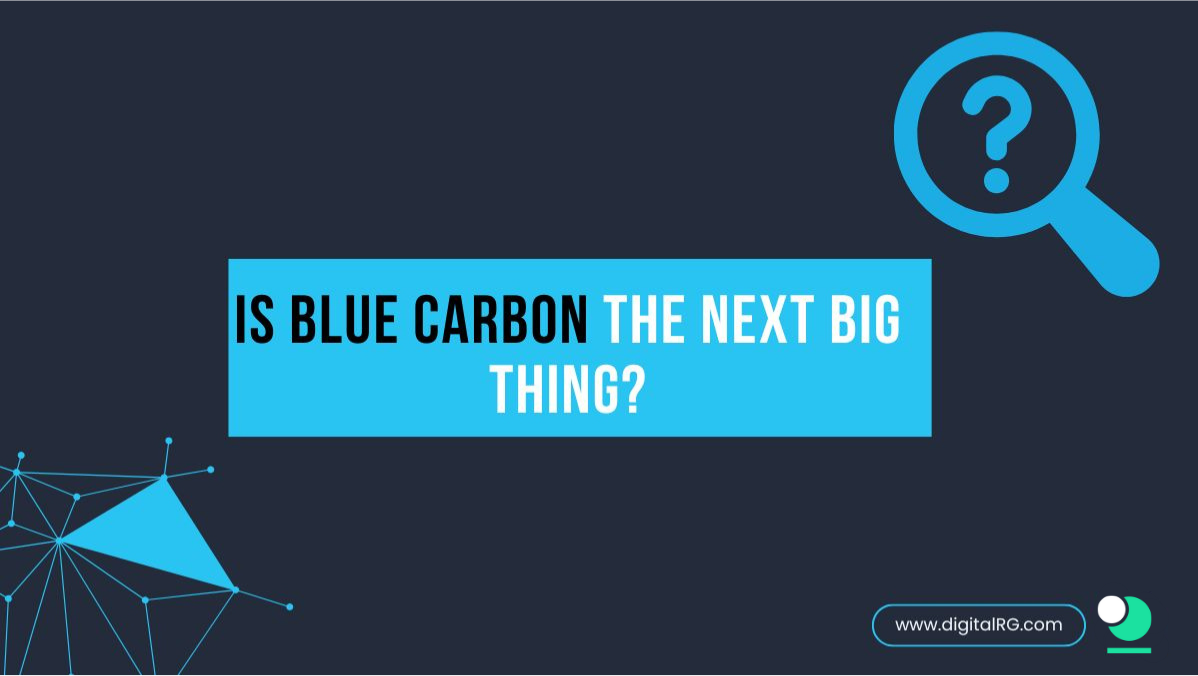
September 06, 2022
Is Blue Carbon the next big thing?
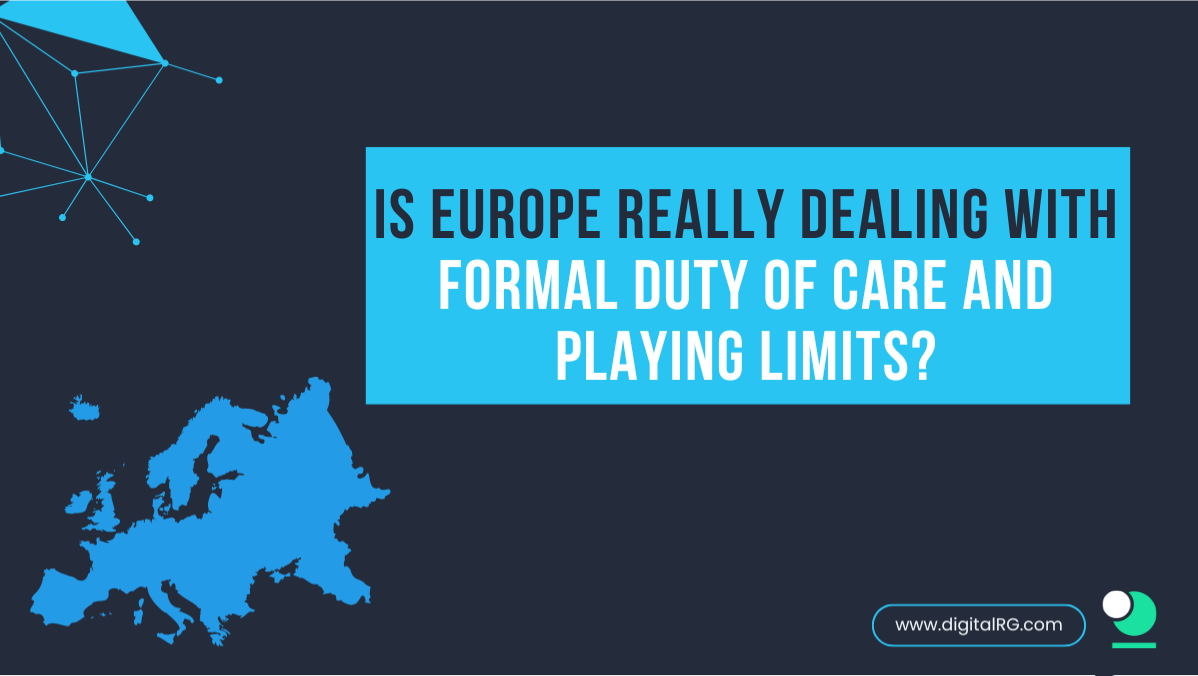
August 08, 2022
Is Europe really dealing with formal duty of care and playing limits?
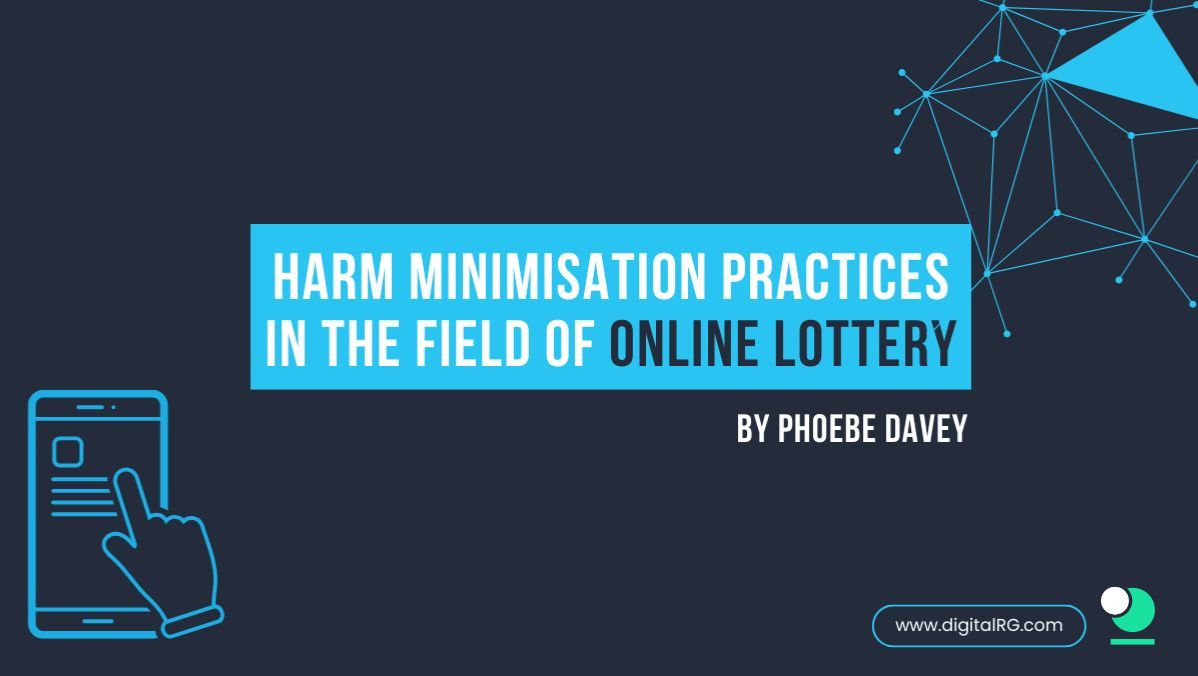
July 07, 2022
Harm Minimisation Practices In The Field Of Online Lottery
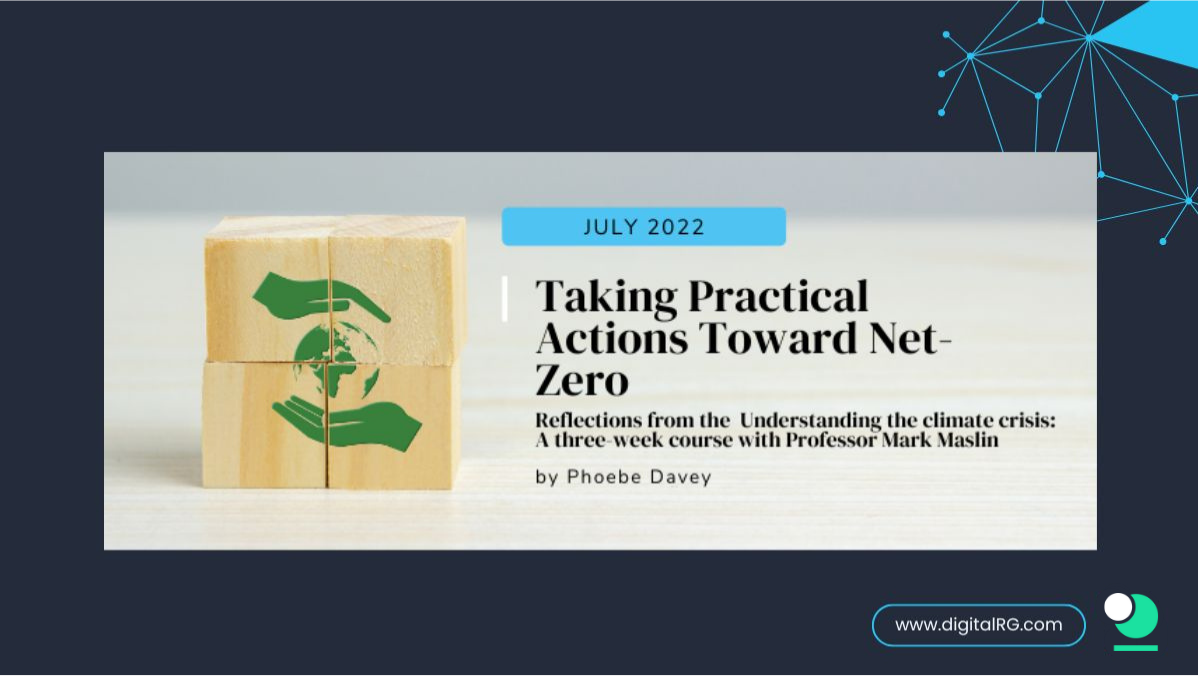
July 04, 2022
Taking Practical Actions Toward Net-Zero
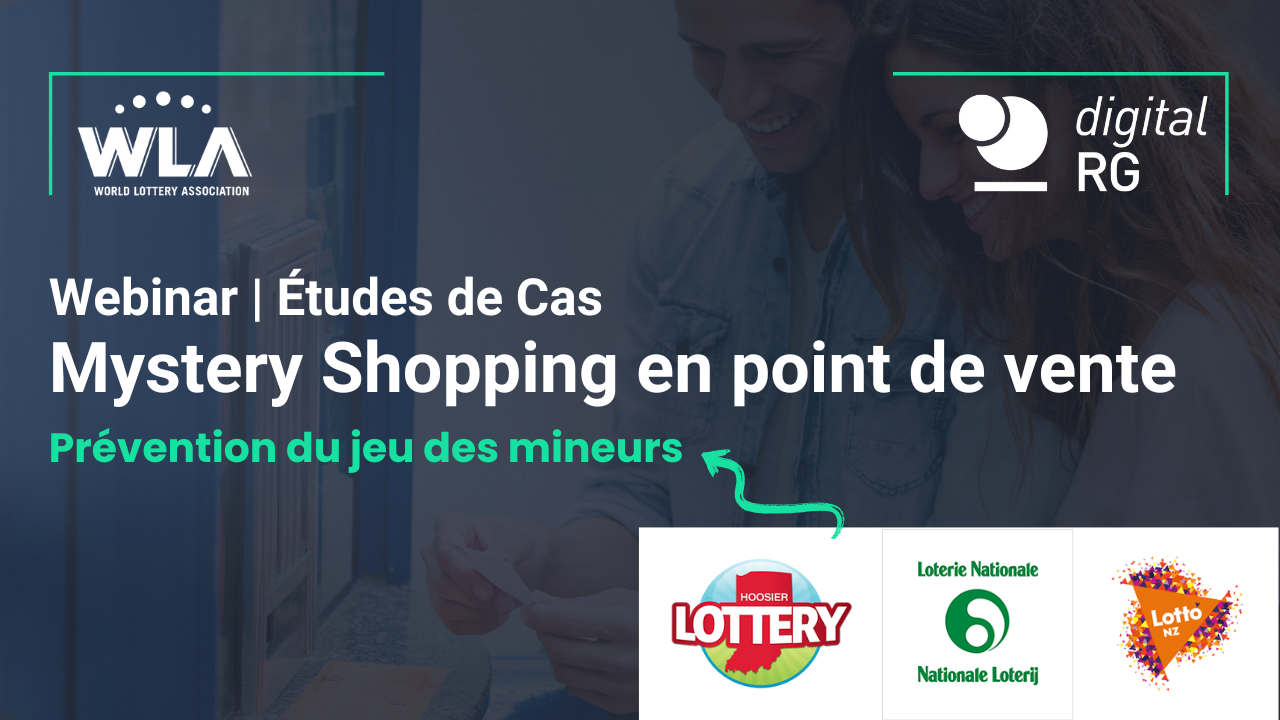
January 20, 2026
Mystery Shopping en point de vente
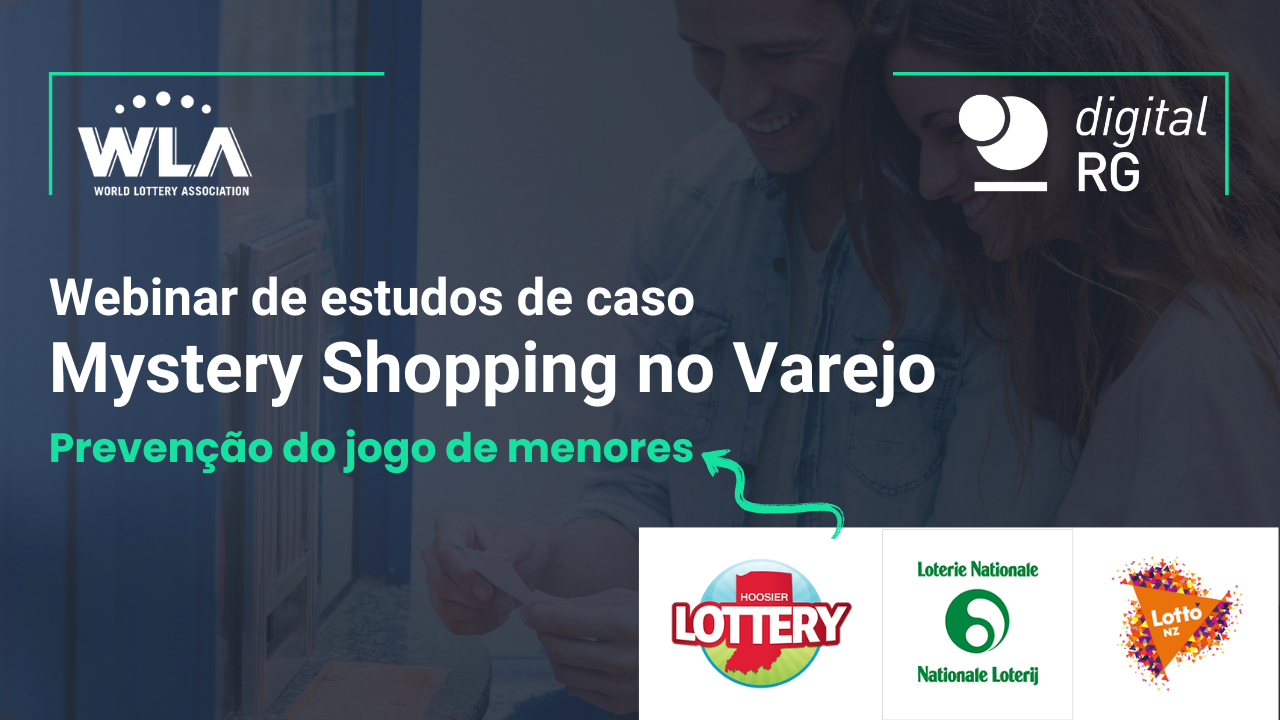
January 20, 2026
Mystery Shopping no Varejo
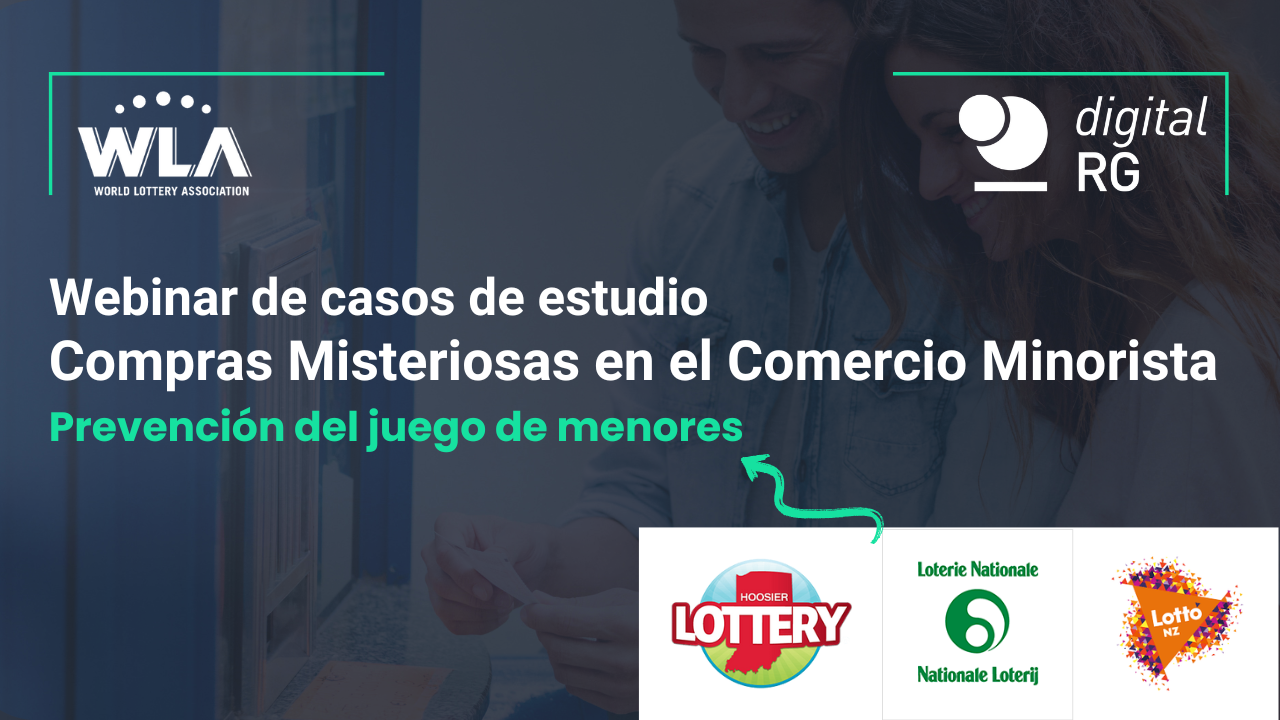
January 20, 2026
Compras Misteriosas en el Comercio Minorista
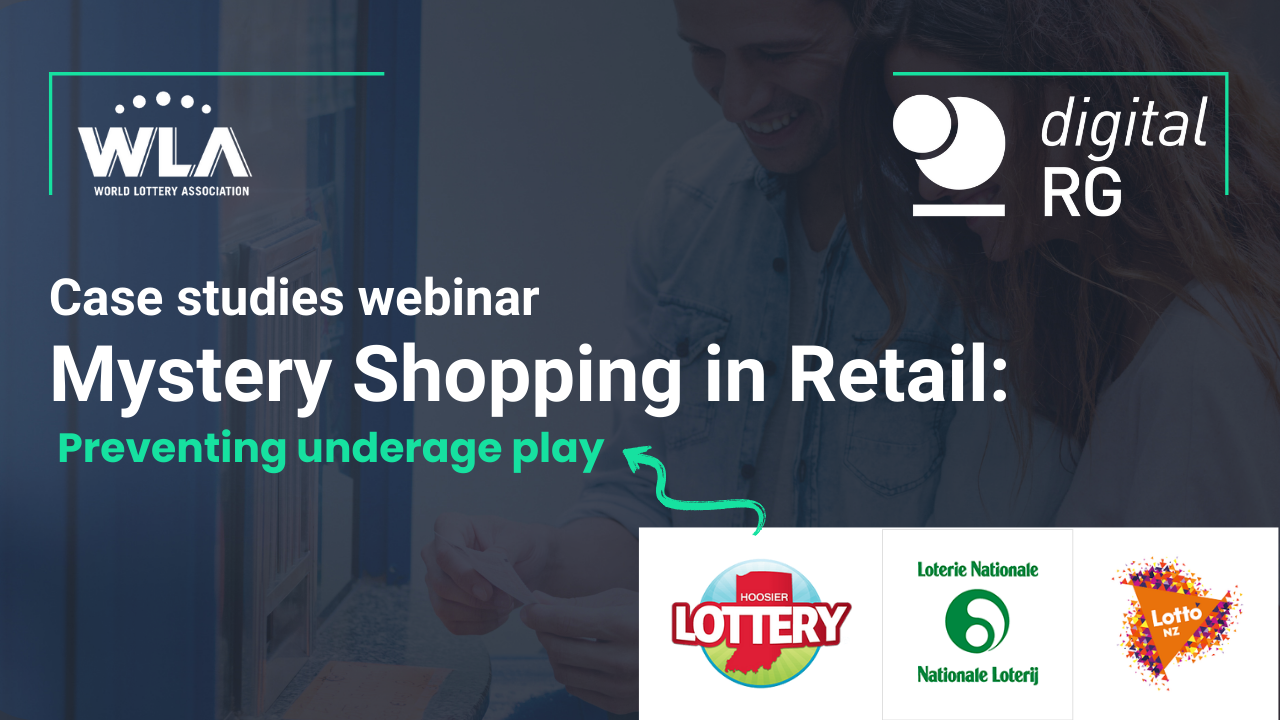
January 15, 2026
Retail Mystery Shopping: Strengthening Age Controls and Responsible Sales at the Point of Sale


